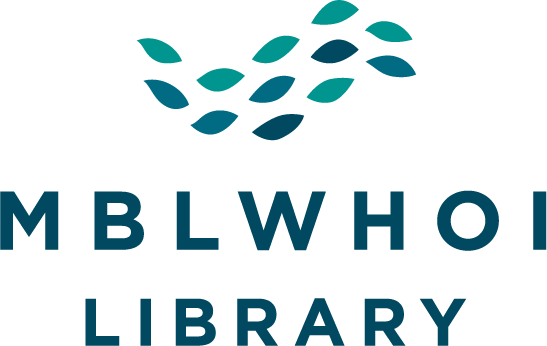Partnerships and Giving
The MBLWHOI Library's leadership goes beyond Woods Hole as:
- a founding member of the Biodiversity Heritage Library, a global consortium of 55 museums and libraries that cooperate to digitize and make available the legacy literature of biodiversity;
- a founding member of the groundbreaking virtual Bioscience Consortium, which includes the American Museum of Natural History, Rockefeller University, the Cold Spring Harbor Laboratory, and New York Botanical Garden;
- an active contributing member of the Boston Library Consortium, which focuses on resource sharing, as well as developing and implementing standards and practices for academic and research libraries in the New England region;
- a founding member of the International Association of Aquatic and Marine Science Libraries and Information Centers (IAMSLIC), a worldwide organization of large and small marine science insitutions committed to resource and information sharing.
The MBLWHOI Library, in collaboration with the Scientific Committee on Oceanic Research (SCOR) and the International Oceanographic Data and Information Exchange (IODE), have established standards for data publication that address the issues of data provenance, attribution, citation and accessibility. The group published the Ocean Data Publication Cookbook. These standards are being shared and adopted within the marine science community.
The MBLWHOI Library also collaborates with the Center for Biology and Society at Arizona State University on topics related to the History and Philosophy of Science. The HPS Repository and History of MBL website provide digital access to some of the MBL Archives and have clearly shown the value of digital repositories and their ability to facilitate and store new knowledge. Materials from the MBL Archives are also used in the topic-specific repository and on-line encyclopedia, the Embryo Project. The MBL-ASU History of Biology Seminar, an annual week-long workshop, has covered topics including cell biology, embryology, evolution, and scientific theory for over 25 years.
